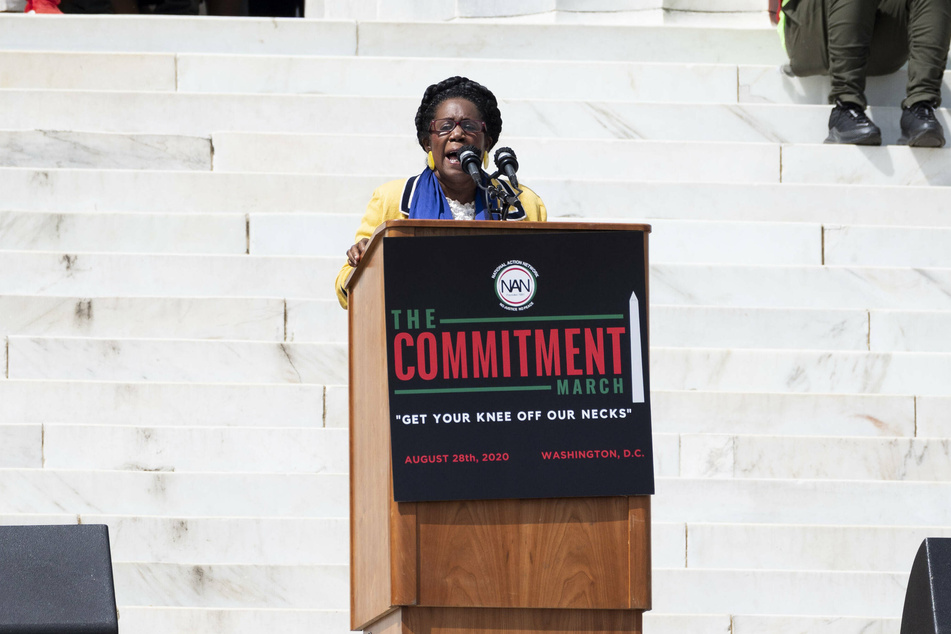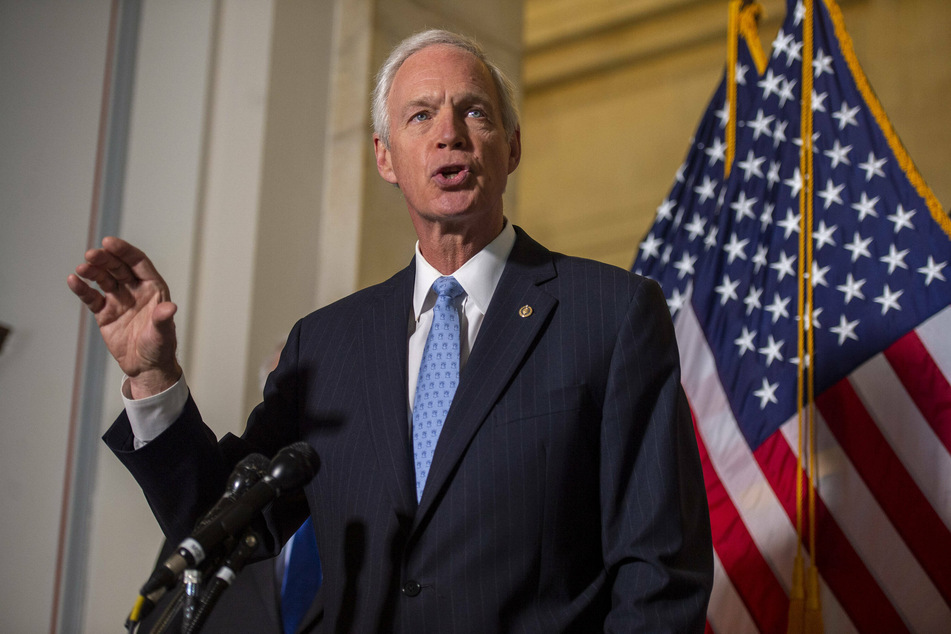Senate passes bill to make Juneteenth a federal holiday
Washington DC – Juneteenth is on its way to becoming a federal holiday! Hours after Senator Ron Johnson announced he would drop his objections Tuesday, the Senate passed the bill.

The day commemorates June 19, 1865, when slaves in Galveston, Texas, learned they had been freed by the Emancipation Proclamation more than two years earlier.
Celebrated in 47 states and the District of Columbia, Juneteenth has long unofficially marked the day slavery in America truly ended.
Last year, in the wake of millions marching under the Black Lives Matter banner following the killing of George Floyd, a bipartisan group tried to get Congress to recognize Juneteenth as a federal holiday.
Sheila Jackson Lee, a Democrat from Texas, introduced the measure in the House, while Edward Markey, a Democrat from Massachusetts, and John Cornyn, a Republican from Texas, made the push in the Senate.
Johnson said adding Juneteenth as a holiday was a waste of money

But their effort was thwarted by Johnson, who objected to a unanimous consent motion in the Senate, arguing that adding a 12th federal holiday (including inauguration) to the calendar was a waste of taxpayer money.
In a press release Tuesday, Johnson backed down, saying he would not oppose another unanimous consent motion.
"While it still seems strange that having taxpayers provide federal employees paid time off is now required to celebrate the end of slavery, it is clear that there is no appetite in Congress to further discuss the matter," the Wisconsin Republican said. "Therefore, I do not intend to object."
Cornyn sounded pleasantly surprised Tuesday afternoon. "If he won’t do it, then it is likely to pass, so that’ll be good," he said when reporters asked him about Johnson’s change of heart.
Just hours later, the Senate passed the bill by unanimous consent.
Supporters hope honoring Juneteenth will help heal racial divisions

The Senate bill had 60 bipartisan cosponsors, which meant it could have overcome a filibuster if any senators had objected. But doing so would have taken up considerable floor time that Democrats would rather be spending on larger issues, like confirming judges and working on an infrastructure bill.
Quickly passing it via unanimous consent motion was the preferred path.
In a statement, Markey said marking the holiday will help heal racial wounds that still afflict the nation more than 150 years after the Civil War ripped it apart.
"Commemorating Juneteenth as a national holiday will address this long-ignored gap in our history, recognize the wrong that was done, acknowledge the pain and suffering of generations of slaves and their descendants, and finally celebrate their freedom," said Markey.
Johnson wasn’t alone in his opposition last year – Republican Senator James Lankford of Oklahoma also balked at giving federal workers an extra day off. Lankford and Johnson tried to amend the Juneteenth bill to remove another federal holiday, but that ran into opposition from groups with ties to those days, like Italian-Americans with Columbus Day.
The bill is now expected to move quickly through the House. It would give federal government employees a day off every year on June 19, or a Monday or Friday near it.
That would put pressure on the private sector and local governments to do the same – though some federal holidays, like Columbus Day and Veterans Day, regularly go unobserved by many employers.
The last new federal holiday added to the calendar was Martin Luther King Jr. Day in 1983 after a 15-year push.
Cover photo: IMAGO / ZUMA Wire

